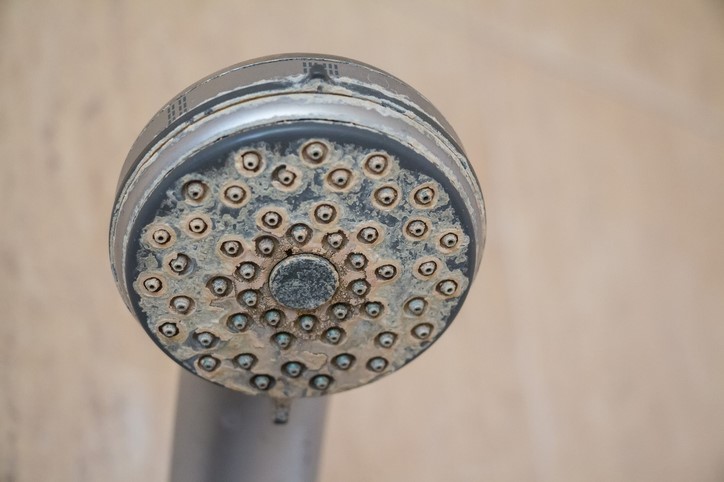Living in a rural area often means enjoying the benefits of well water, but many homeowners soon discover that this natural resource can come with its own set of challenges—most notably, water hardness. In this blog, we’ll dive into what hard water is, the downsides of living with it, and how a water softener can make a world of difference.
What Is Hard Water?
Hard water is water that contains a high concentration of dissolved minerals, primarily calcium and magnesium. When water passes through soil and rock, it picks up these minerals, leading to varying degrees of hardness. Water hardness is typically measured in grains per gallon (gpg) or parts per million (ppm).
While hard water is not harmful to your health, it can pose several issues in your household.
The Downsides of Living with Hard Water
1. Scale Buildup
One of the most noticeable issues with hard water is the buildup of scale in pipes, water heaters, and appliances. This mineral deposit can reduce water flow and efficiency, leading to costly repairs or replacements.
2. Poor Soap Lathering
Hard water makes it difficult for soap and detergents to lather effectively. This means you may end up using more soap than necessary, increasing your household expenses.
3. Dull Laundry
Washing clothes in hard water can leave fabrics feeling stiff and looking dull. Over time, mineral deposits can accumulate on clothing, affecting their appearance and lifespan.
4. Dry Skin and Hair
Many people with hard water report experiencing dry skin and hair. The minerals in hard water can strip away natural oils, leaving your skin feeling irritated and your hair looking lifeless.
5. Spotty Dishes
Hard water can leave unsightly spots and streaks on dishes and glassware, requiring extra effort to achieve that sparkling clean look after washing.
The Benefits of Having a Water Softener
A water softener is an appliance designed to reduce water hardness by removing calcium and magnesium ions from your water supply. Here are some of the key benefits:
1. Enhanced Efficiency
By preventing scale buildup, water softeners help maintain the efficiency of your plumbing system and appliances. This can lead to lower energy bills and extended lifespans for your water heater and other devices.
2. Improved Soap Performance
With soft water, soap and detergents can work more effectively, producing richer lather and requiring less product. This not only saves you money but also ensures cleaner dishes and laundry.
3. Softer Skin and Hair
Soft water can significantly improve the condition of your skin and hair. By retaining natural oils, soft water helps prevent dryness and irritation, leaving you feeling fresh and revitalized.
4. Spot-Free Cleaning
Say goodbye to those annoying water spots! Soft water ensures that your dishes, glassware, and shower fixtures remain sparkling clean, reducing the need for extra scrubbing.
Modern High-Efficiency Water Softeners
Today’s water softening systems have come a long way. High-efficiency models use advanced technology to minimize salt and water usage, making them more environmentally friendly and cost-effective. Many of these systems can regenerate based on actual water usage rather than a fixed schedule, further enhancing their efficiency.
Conclusion
While having well water can provide a refreshing and mineral-rich resource, the challenges of hard water can be significant. Fortunately, investing in a water softener can alleviate these issues, offering a host of benefits from improved efficiency to healthier skin. If you’re grappling with hard water, consider exploring the latest high-efficiency water softening systems to transform your water quality and enhance your daily life.
If you’re interested in clean water in your home – schedule a free, no-obligation in-home water analysis with an Artisanal Water local expert.
Call (704) 315-6344 or fill out our contact form.
